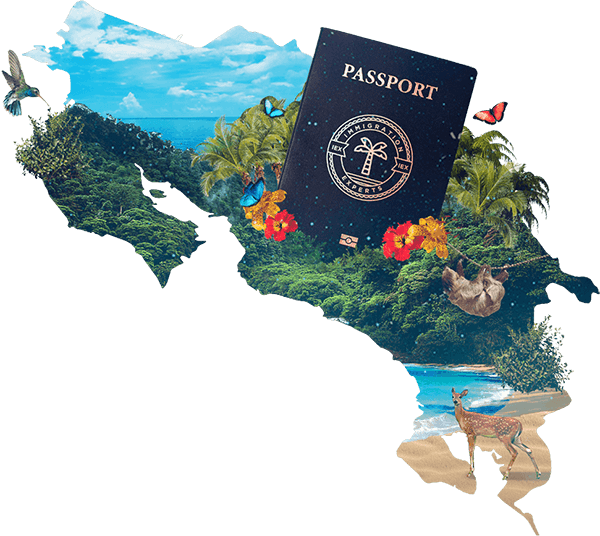The legal system of Costa Rica, deeply intertwined with its historical evolution, offers a narrative that begins long before the modern era. Delving into this history reveals how key milestones have shaped the country’s legal framework.
The impact of Spanish colonization introduced European legal concepts, setting the stage for the nation’s journey to independence and the establishment of a republic. These historical periods laid the foundations for contemporary legal principles in Costa Rica, influencing everything from property rights to civil liberties.
Post-1948 marks a significant era in Costa Rican law, especially with the abolition of the military and the drafting of a progressive constitution. These events reflect a commitment to human rights, social justice, and democratic values, reshaping the legal landscape in profound ways.
Costa Rica’s legal system also stands out for its pioneering environmental legislation and commitment to peace and neutrality. These aspects are not just legal mandates but also mirror the nation’s historical path and collective experiences, emphasizing a deep respect for natural resources and peaceful conflict resolution.
Understanding the current legal landscape in Costa Rica requires this historical perspective. It offers insights into how the nation’s past has influenced present legal norms and values, illustrating a legal system that is as dynamic as it is unique.
The exploration of Costa Rica’s legal identity through its history does more than just inform. It enriches the understanding of how history shapes a nation’s laws and societal values, revealing a legal tapestry woven with threads of the past and present.








